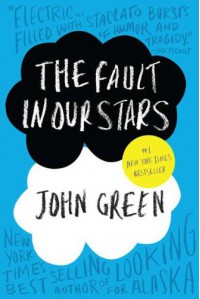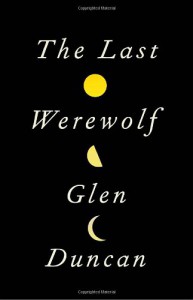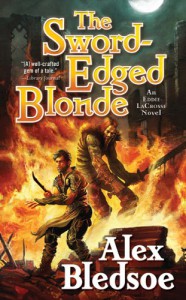
[Originally posted on tumblr on 2. August 2013]
There are books that make me wish I read them when I got them. ‘The Dark Lord of Derkholm' by Diana Wynne Jones is one of those books. From the beginning to the end this was extremely entertaining. The thing about this book is though, the title is extremely misleading: This is actually the companion book to 'The Tough Guide to Fantasy Land' which is a playfully written encyclopaedia of clichés in fantasy novels (it's not one of those 'you shouldn't write this' kind of books though).
'The Dark Lord of Derkholm' actually deals with the situation of a world in which people from another world (probably one like hours) travel to a world that has all sorts of fantasy stuff in it. Magic, dragons, that kind of thing. Derk's world. The people there don't do these 'pilgrim tours' of their own free will but are actually forced to do it by a businessman who made a contract with a demon.
The story follows Derk and his family (which consists of his wife, his human daughter and son as well as his five griffin ‘children’) who have to organize the tours since Derk has been appointed the Dark Lord for this year.
The thing is, everyone is trying to put an end to the tours so there’s sabotage left and right.
This story actually uses as well as mocks a lot of fantasy clichés - which is really funny! The characters are really loveable and yes, there is also a lot of drama in the story.
So yeah, shame on me for not reading this earlier. What an amazing book! I have to read the second Derkholm book as well, although some people say it’s not as good as the first one.



 1
1

















